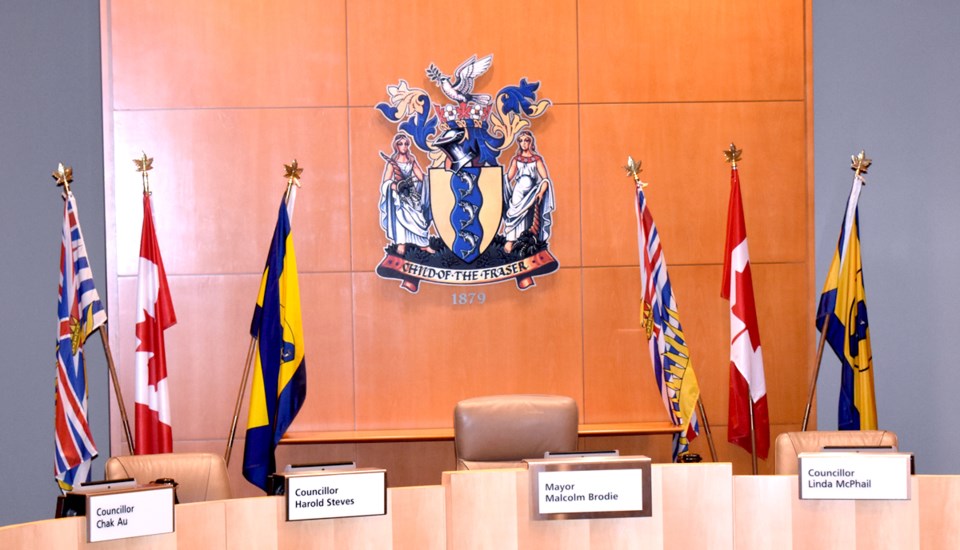Three delegations cautioned Richmond council on Monday from banning plastics, arguing its replacement might be worse for the environment.
Despite that, council moved forward with a bylaw and implementation plan to ban single-use plastic checkout bags, straws and foam containers and authorized staff to spend $100,000 to educate businesses on the proposed bans.
Richmond’s ban on plastic hit a small hiccup a few weeks ago when B.C. Supreme Court ruled that the City of Victoria had overstepped its jurisdiction by declaring a ban on single-use plastic bags. It was challenged by the Canadian Plastic Bag Association, and the court ruled Victoria should have first had approval for the ban from the provincial Ministry of the Environment and Climate Change Strategy.
To avoid the same mistake, the City of Richmond will seek the minister’s approval first, then pass the final reading after which the ban will take place six months later. The City of Richmond will also give businesses a six-month period after the ban is in place to use any old stocks of plastic bags and Styrofoam containers.
Two of the delegations to council represented Richmond companies that develop plastic products and the third represented the Canadian Plastic Industry Association.
Richard Synnott, vice-president with the Richmond plastics company Layfield Group, said the industry is trying to make their products recyclable or easily manageable and argued that the alternative, paper, isn’t any better for the environment.
“We want to make sure plastic doesn’t get demonized, especially when looking at the alternatives, in this case, (it) would be paper bags, which can be as harmful, if not more harmful, to the environment than plastic,” he said.
Layfield is creating new technology that turns plastic into methane to be recaptured as energy, Synnott explained to council.
Plastics companies are aware of environmentally issues and are making headway, Synnott added.
“It might look good politically, but unfortunately the reality, especially looking at paper, it’s not necessarily the best option,” Synnott said.
Craig Foster, who was speaking on behalf of the Canadian Plastics Industry Association, said alternatives to plastic can be worse for the environment.
Foster claimed that about 65 per cent of bags are reused as kitchen catchers, 30 per cent are recycled and less than 10 per cent are “loose.” He argued that, instead of banning plastic bags outright, that 10 per cent should be captured.
“If we change from where we are now to the alternatives being suggested, there is no question we’re going to increase the negative impacts,” Foster said. “We’re going to use more resources, we’re going to generate more greenhouse gases, we’re going to contribute to more global warming.”
Coun. Harold Steves said he’s heard arguments from the plastics industry before. He explained that, in 1973, as an MLA, he brought a motion to the B.C. legislature to ban all plastic bottles and materials.
“There were no lobbyists from the plastics industry at that time, but there soon were some, and they managed to prevent us from recycling for at least 30 to 35 years with their lobbying,” Steves said. “I suggest to council we’re hearing the same thing over again and we heard it tonight but I’ve heard it all before.”
He pointed out that plastic is a fossil fuel, and while he said he doesn’t advocate going back to paper bags, at least paper can be burned and its emissions are absorbed by trees.
“It’s time that the plastic industry and the bottle industry woke up to the reality of what’s happening in the world today and the products they’re producing,” Steves said.



